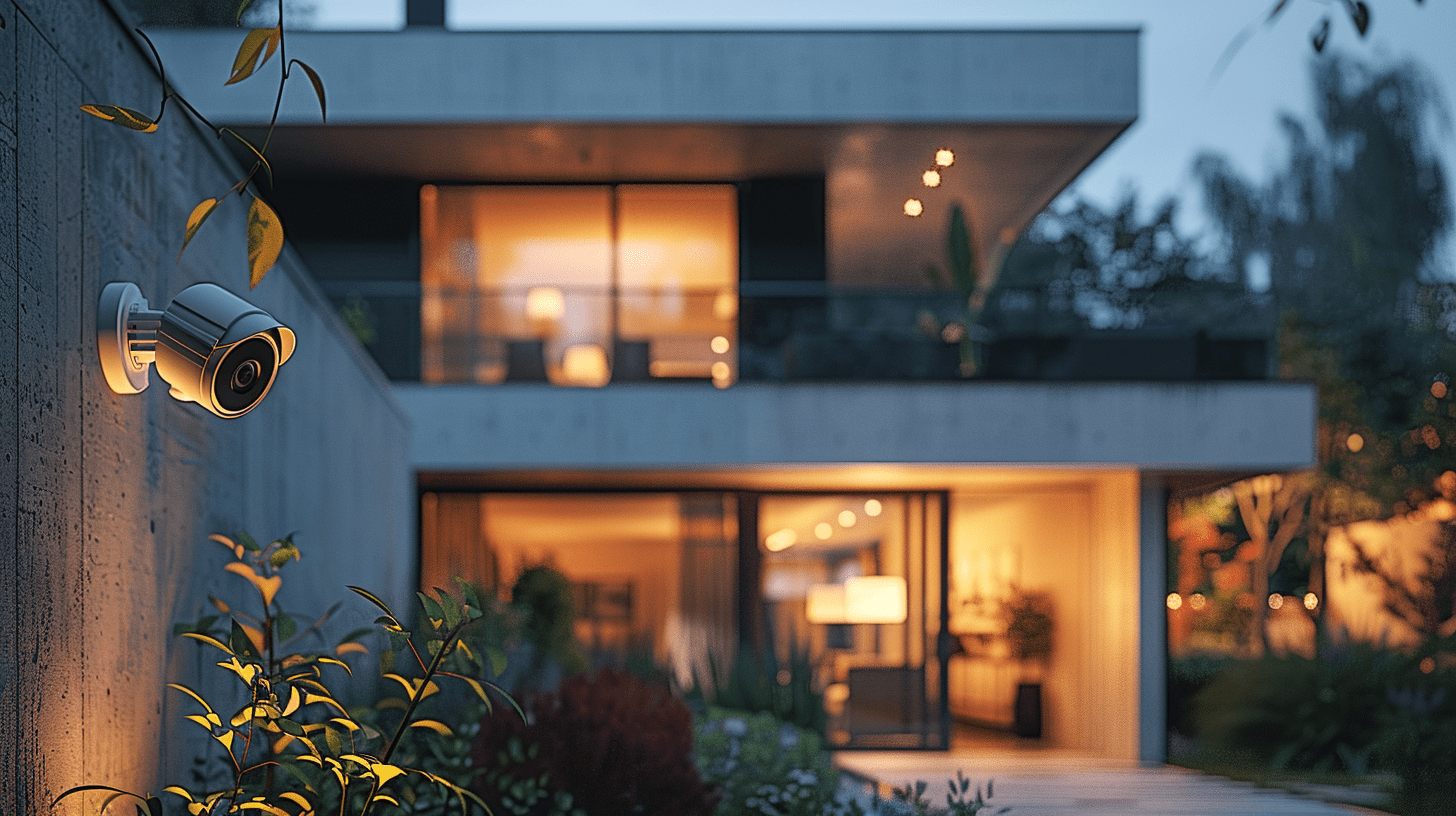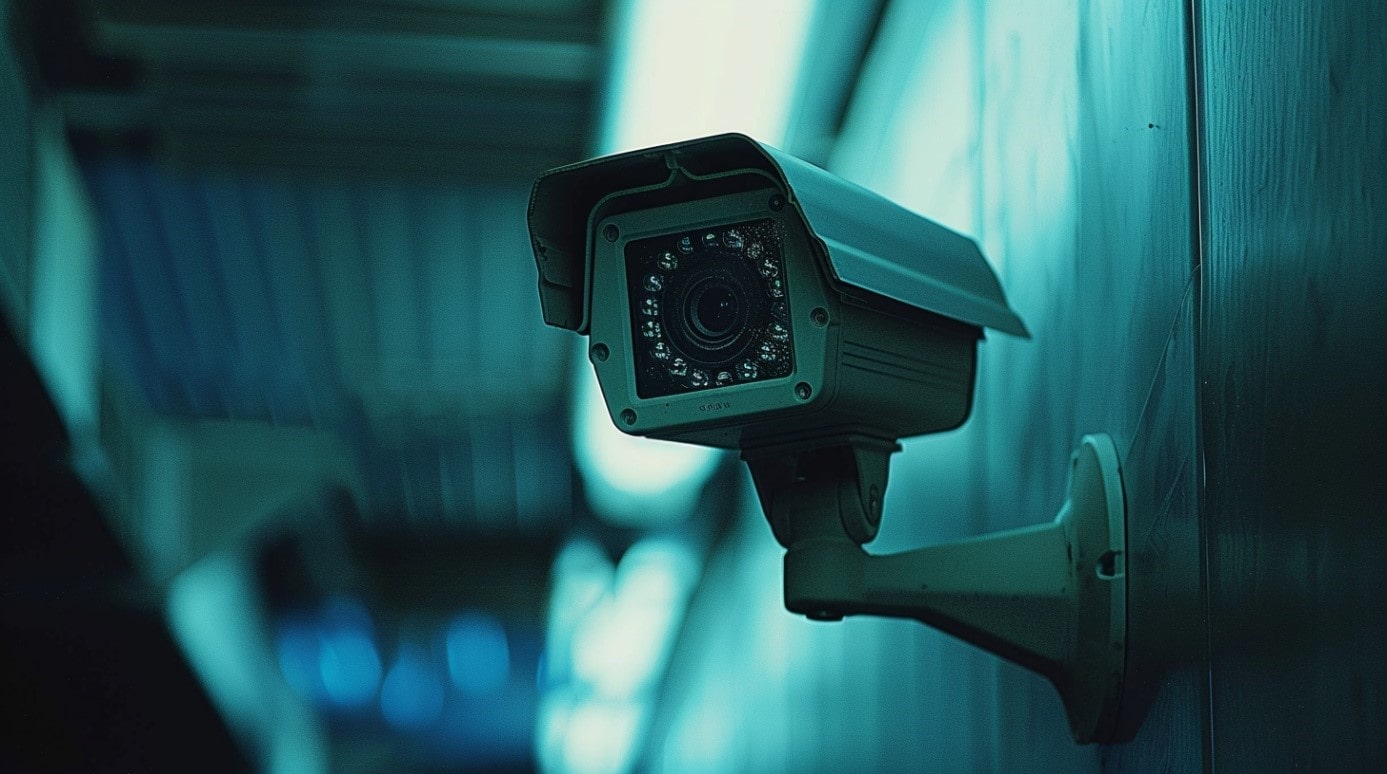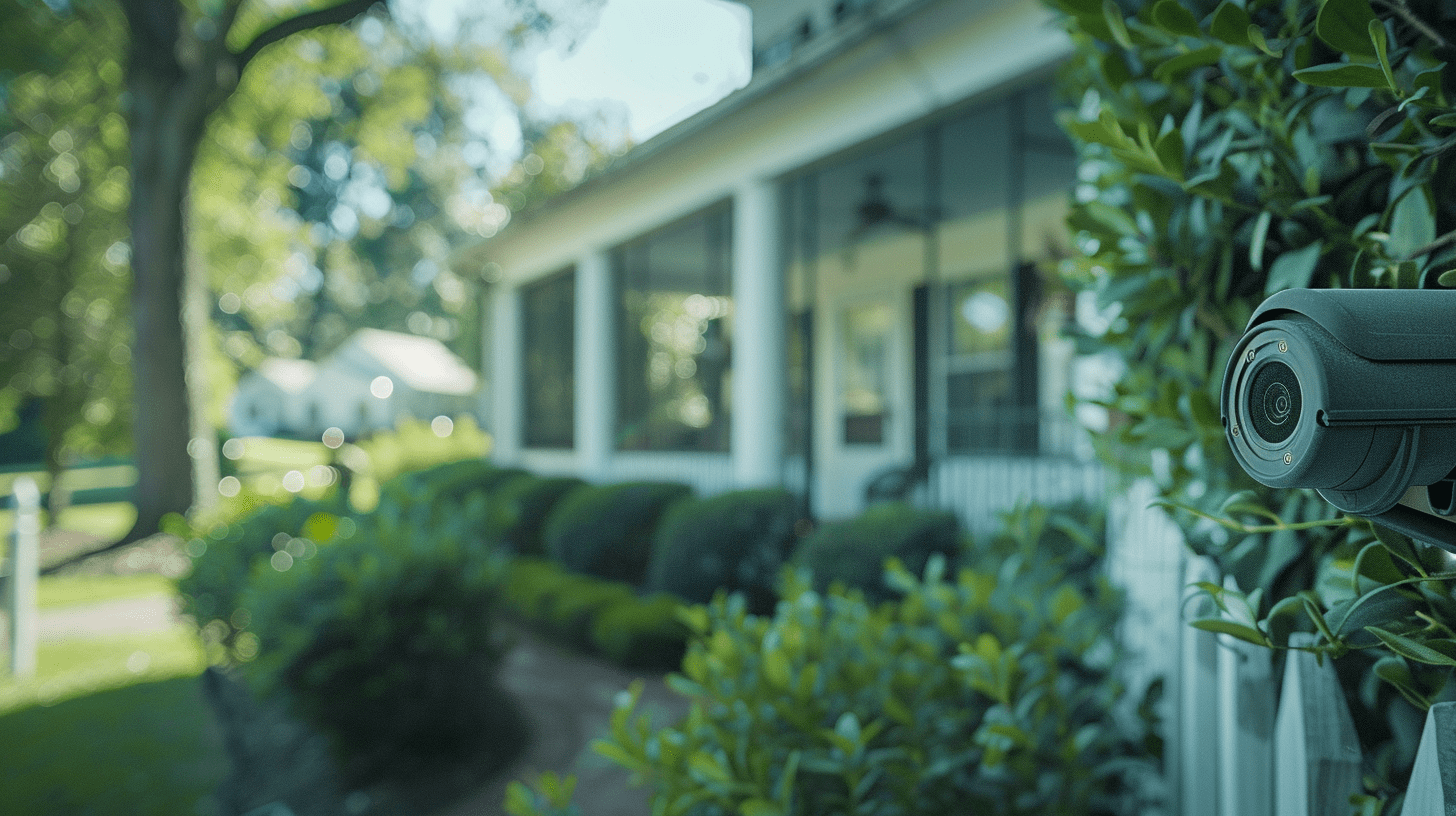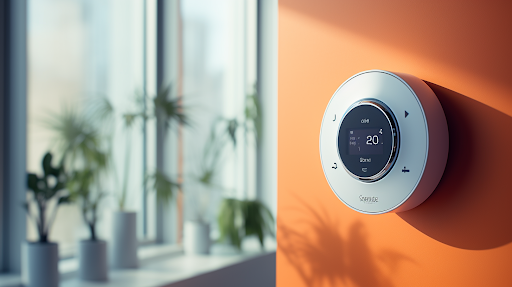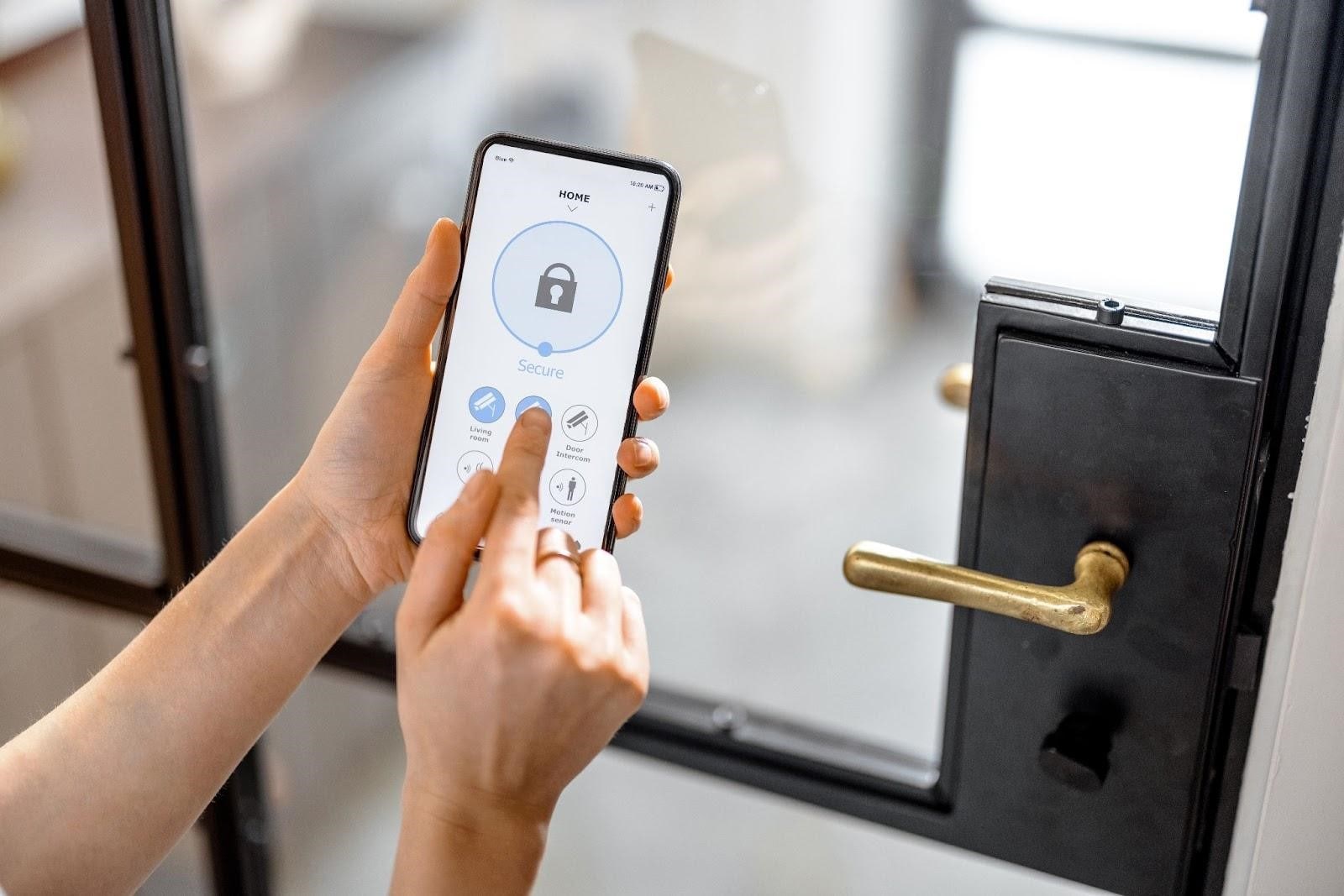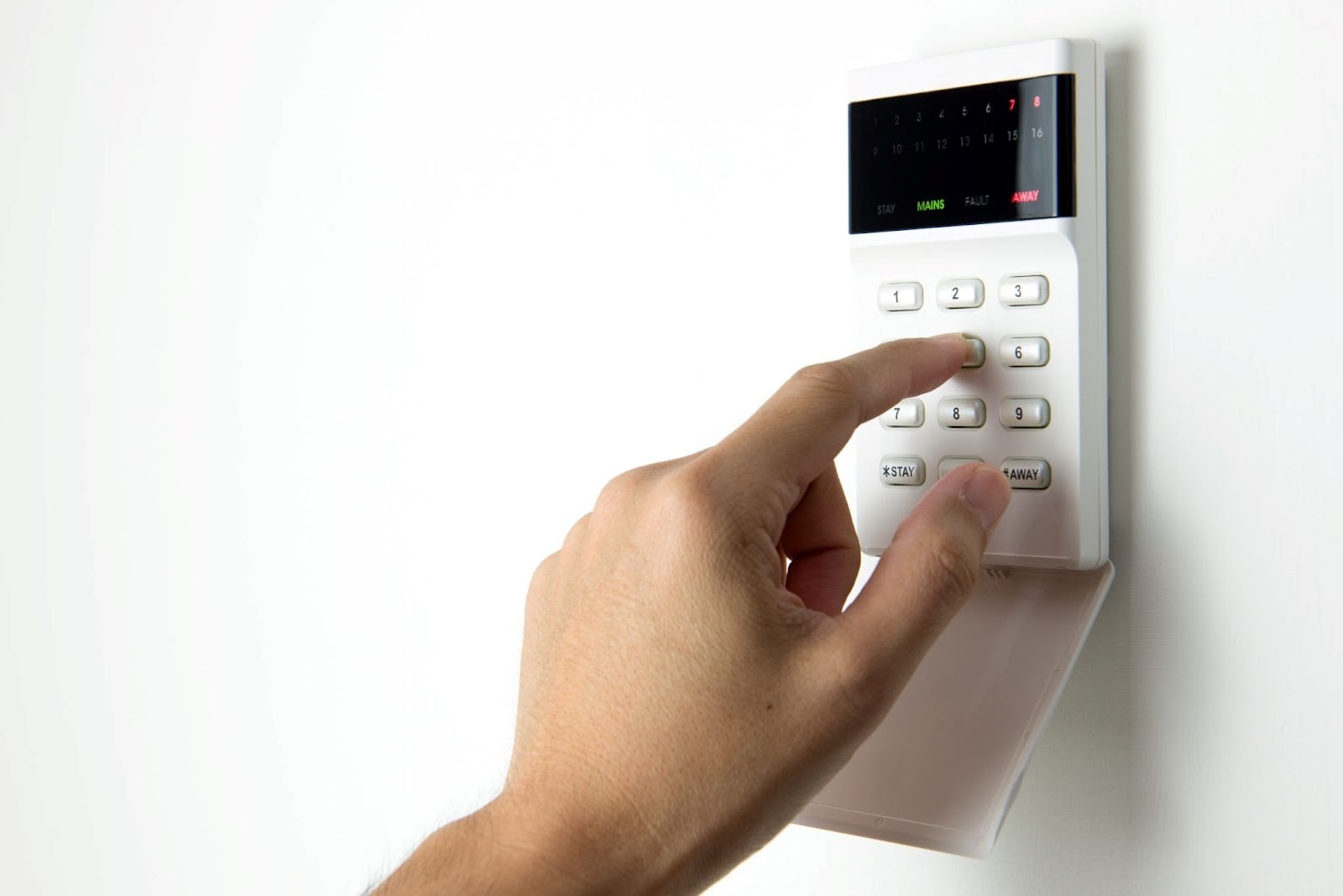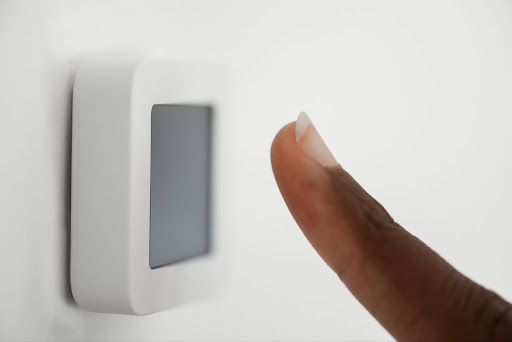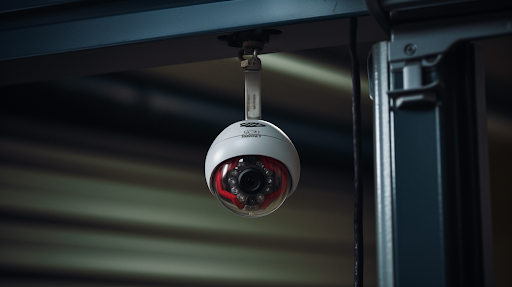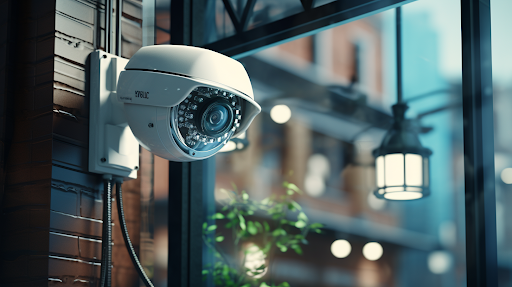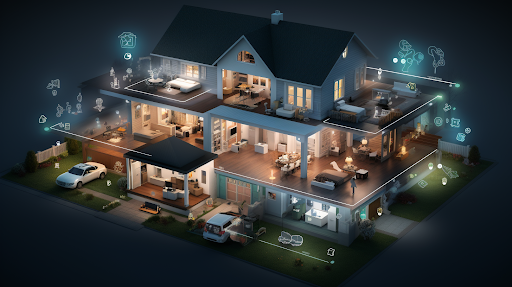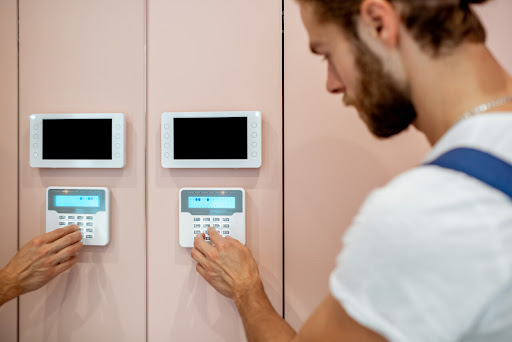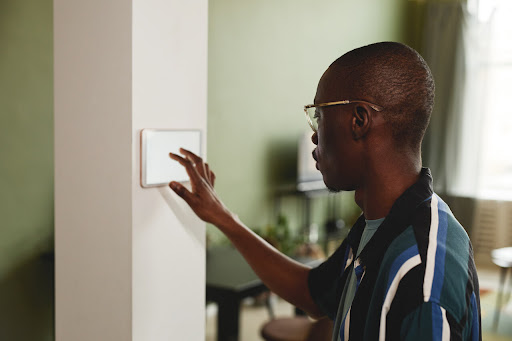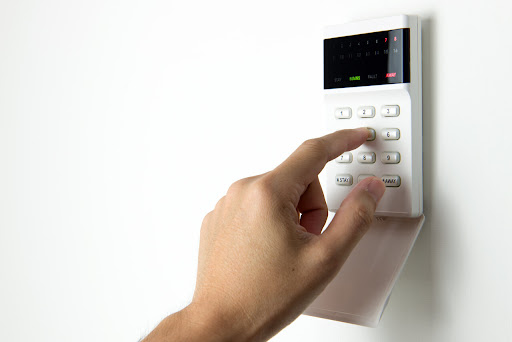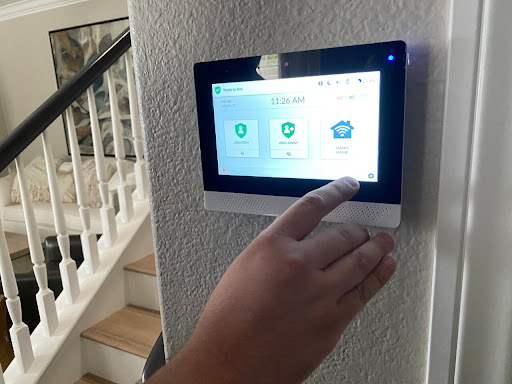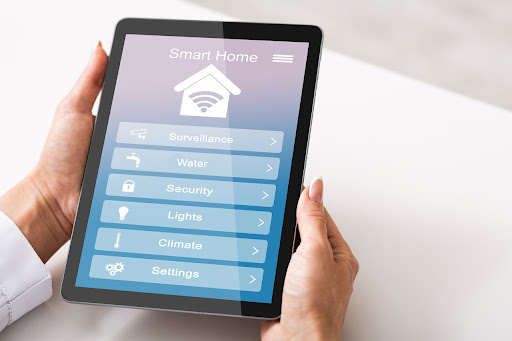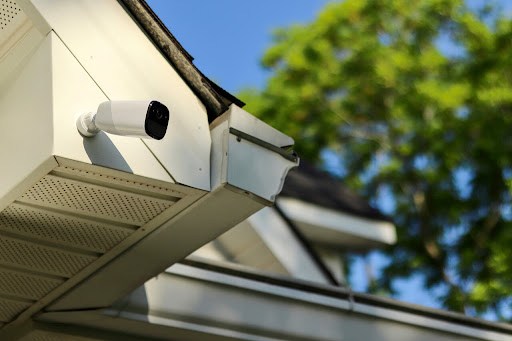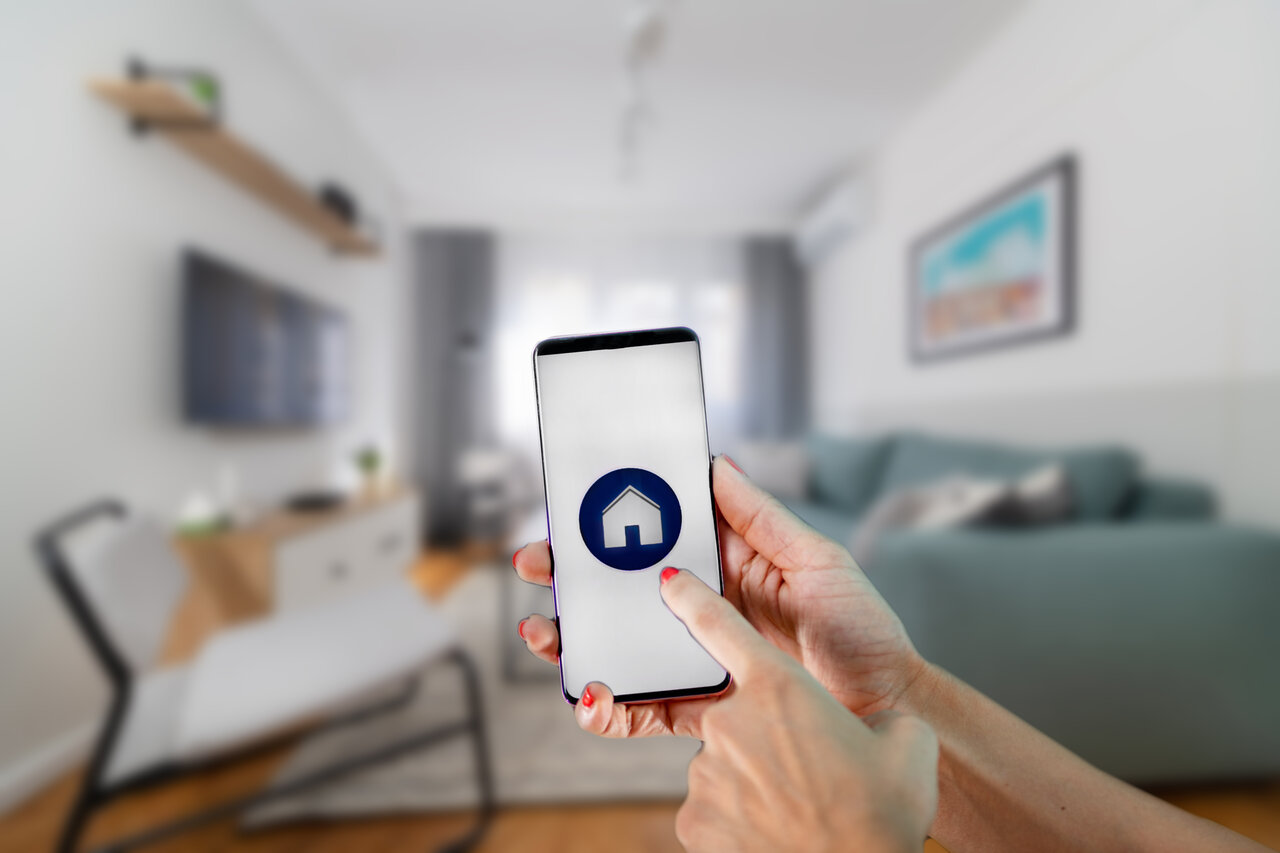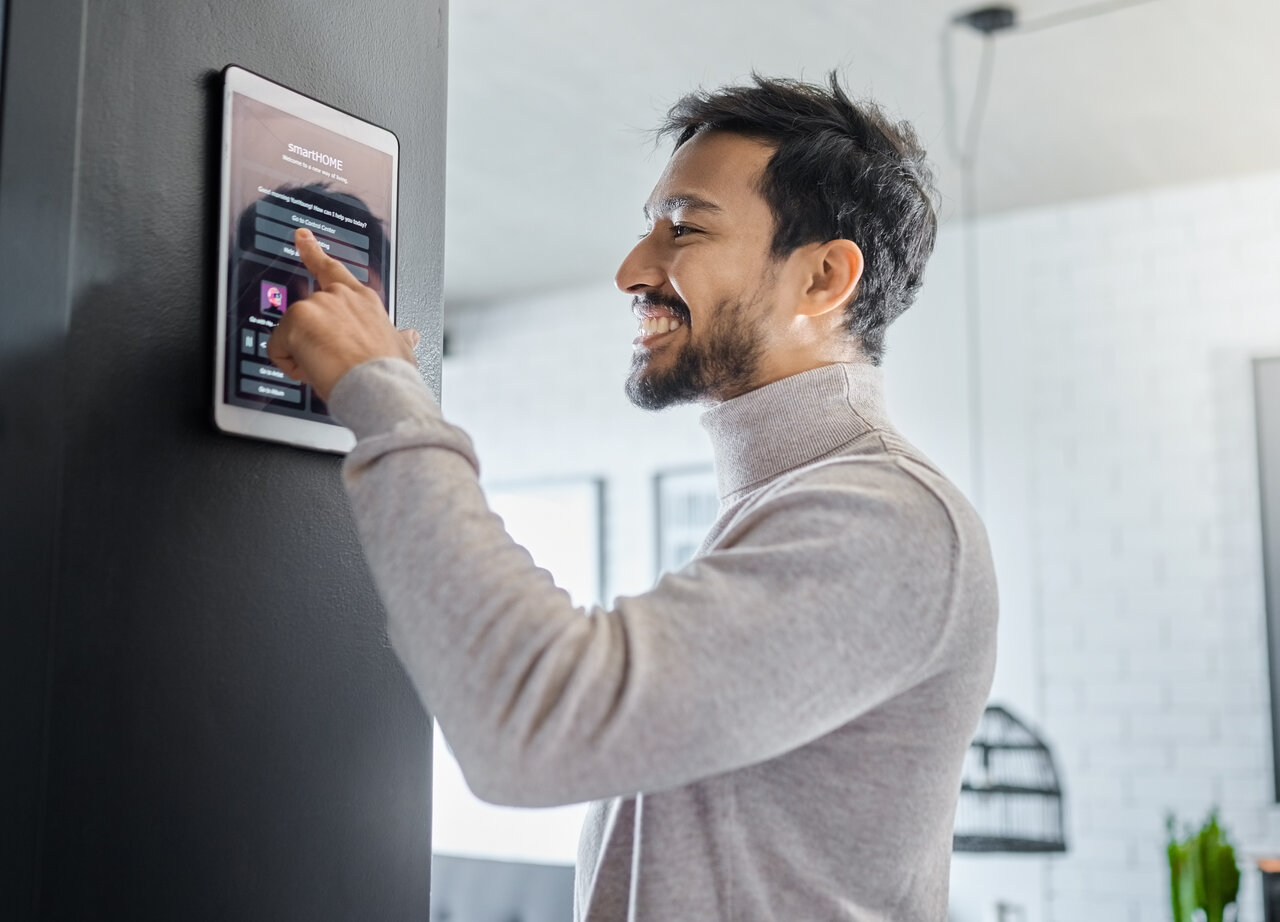
Are Smart Homes Worth It?
Smart homes are all the rage these days, with homeowners investing thousands of dollars in the latest technologies to make their lives easier. But are these home automation systems worth the money and effort? Do they really offer the convenience and security they promise? The idea of a smart home has been around for decades, but it’s only in recent years that the technology has become affordable and accessible to the average homeowner.
With the rise of voice assistants and smart speakers, it’s now possible to control everything from your lighting and thermostat to your security system. While there’s no denying the convenience and novelty of smart home devices, the question remains: are they worth the investment? In this article, we take a closer look at the pros and cons of smart homes to help you decide whether this is the right choice for you.
What Are Smart Homes?
Smart homes are a relatively new concept that utilizes technology to increase convenience and potentially save money on energy bills. Smart home products connect various devices, such as smart speakers, locks, lighting systems, thermostats, and security cameras, to provide homeowners with the opportunity to control their environment through one connected device.
Homeowners can also use this technology to monitor energy usage by installing sensors or other smart products in appliances throughout their homes. Using these tools, homeowners have the potential to save on monthly energy costs while making their lives easier. For instance, using smart lights with automated timers helps reduce electricity consumption by turning off lights when no one is in a room.
Similarly, setting up automated heating and cooling systems allows people to maintain an ideal temperature without worrying about manual adjustments during specific times of day or night. Ultimately, whether or not a person invests in smart home technology depends on how they want to utilize it.
Are Smart Homes Worth The Investment?
Smart homes can be a worthwhile investment for some people, depending on their needs and priorities. Smart homes offer a range of benefits, such as increased convenience, energy efficiency, and security. They can also provide greater control and customization for homeowners, allowing them to remotely monitor and control various systems and devices in their homes.
What Are The Benefits Of Smart Home Technology?
Interoperability
Interoperability is one of the most important benefits that smart devices offer. This refers to the ability of different gadgets, such as a doorbell from one company and a light switch from another, to work together seamlessly. Thanks to interoperability, you can create an entire ecosystem of connected devices within your home. For example, you could have a Google Assistant-enabled smart doorbell working in tandem with various other types of smart gadgets like motion detectors and lighting control systems.
Instead of having to individually set up each device separately on its own app or website, everything will be managed by the same user interface. This makes controlling multiple devices much more efficient and easier than ever before. Furthermore, many newer voice assistants even allow users to regulate their environment with simple commands rather than manually doing so themselves.
Convenience
When it comes to conveniences, smart homes offer a range of advantages. Smart home devices are incredibly versatile and can be used to control various appliances in the home such as lights, air conditioning, security cameras, and even wireless systems. With one simple voice command or press of a button on your smartphone, you can activate these features and make everyday life that much easier.
For example, with Google Home, you can adjust lighting levels, check video feed from security cameras and switch off any connected appliances remotely. Overall, modern technology has made our lives easier by allowing us to automate many tasks within our homes, whether it’s setting up timers for lights or adjusting air conditioning temperatures at specific times throughout the day.
Greater Control Of Your Energy Use
Having a smart home can provide you with greater control of your energy use. This is because it allows you to monitor how much energy certain appliances are consuming, and set them on timers so they don’t run unnecessarily when no one is at home. Smart home appliances include air purifiers, kitchen appliances, advanced security systems, and even smoke alarms that can be connected to the Internet for remote access.
Furthermore, having a smart thermostat installed in your house can help reduce energy costs by automatically lowering temperatures when no one is around or if all the doors and windows are shut. Additionally, this same device can alert homeowners if there’s an unexpected rise in temperature levels due to some kind of malfunction.
Remote Monitoring
Remote monitoring is one of the most exciting features that smart home gadgets offer. With voice-operated home assistants such as Alexa-based speakers, you can easily monitor your home from anywhere with a few simple commands. This also provides an additional layer of security to your traditional home security system, which may even qualify for a discount on your homeowners’ insurance in some cases.
In addition to these benefits, the modern automation industry has taken remote monitoring to the next level. Smart monitoring cameras and other advanced home security systems are now available, allowing for detailed surveillance and tracking around the clock.
Customized Preferences And Settings
Customized preferences are a key feature of home technology because they allow homeowners to tailor their living spaces to suit their individual needs and preferences. With customized preferences, homeowners can set specific lighting, temperature, and entertainment settings that automatically adjust based on their preferences. This not only improves the overall comfort and convenience of the home, but it also saves energy and reduces utility costs.
Customized preferences also allow for improved home security, as homeowners can set alarms and monitoring systems to meet their specific security needs. Overall, customized preferences are essential in modern home technology because they enhance the functionality and personalization of the home, making it a more enjoyable and efficient place to live.
Increased Safety
With the advancements in technology, there are now various smart home devices that can detect unexpected activities, such as a break-in or fire, and send real-time alerts to the homeowner or local authorities. These devices can also be integrated with security cameras and alarms, allowing for quick and effective responses in emergency situations. Additionally, smart home technology can provide safety features for everyday activities, such as controlling lighting and temperature, ensuring that the home is well lit and comfortable to prevent accidents.
Shop For Smart Home Technology
Sting installs and links together all your home automation devices (smart thermostat, smart lighting, video surveillance, video doorbell, smart water valve, garage door, smart lock, alarm, sound system, etc.) under one online application so that they can communicate together. You can trust our experts to guide you in the best home automation solution. After installing the devices, we take the time to program the system according to your needs.
